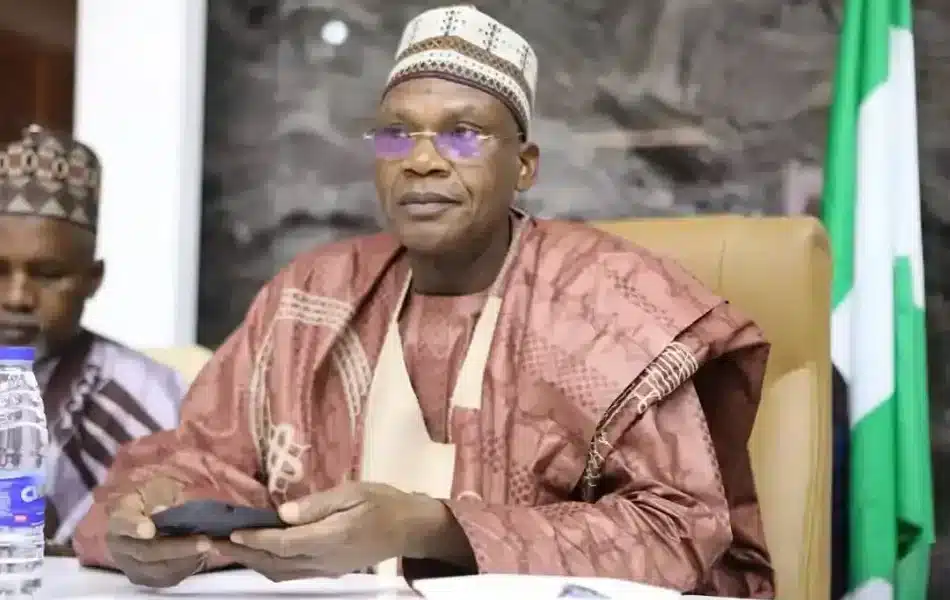The federal government has announced that under Nigeria’s new curriculum for Basic and Senior Secondary Education, every student will be required to graduate with a minimum of two skills.
Naija News reports that this directive, introduced by the Minister of Education, Prof. Tahir Mamman, aims to align education with current economic demands, fostering knowledge, skills, and values at these educational levels.
Speaking at the 68th National Council on Education (NEC) meeting in Abuja, themed “Innovation, Digital Technology, and Entrepreneurship: Tools for Educational and National Development in the 21st Century,” Prof. Mamman highlighted that the revised curriculum will place a strong emphasis on skill development.
This approach is designed to equip students with practical skills that will enhance their connection to the economy, enabling them to lead productive lives after graduation.
Prof. Mamman expressed concerns about the curriculum’s relevance, noting that rapid technological advancements risk rendering traditional educational models outdated.
“A well-designed and effective curriculum determines a sustainable development, quality, and the relevance of education. This is the main reason why this administration places priority on the institutionalisation of curriculum development in the overall context of education,” he said.
This curriculum reform is part of the Ministry’s broader Education Transformation Agenda, driven by the administration’s aim to thoroughly revamp the education sector.
Prof. Mamman reiterated the government’s commitment to inclusive and equitable education for all, pledging adherence to international treaties to protect learners, educators, and educational facilities.
“The government therefore, is committed to observing all relevant international protocols, conventions and treaties for the protection of our learners, teachers, learning institutions and facilities from attack and any other instrument on education, which the country has domesticated,” he added.
Minister of State for Education, Dr. Tanko Sununu, added that embracing innovation, entrepreneurship, and digital technology is essential for a nation aiming to achieve significant growth.
He emphasized the importance of an education system that aligns with societal needs and global trends.
He said: “To meet the challenges posed by new technological development, we must ensure that the educational system is structured and made more relevant to the needs and aspirations of the society.”
Meanwhile, Senate Committee Chair on Tertiary Institutions and TETFund, Muntari Mohammed, stressed the need to embed digital literacy within the curriculum, underscoring the leadership’s commitment to ensuring stability and relevance in Nigeria’s educational landscape.








